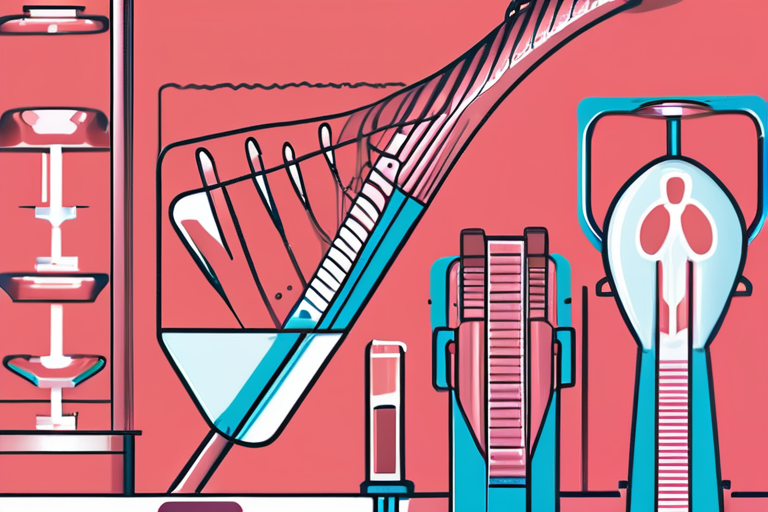MIT's New Precision Gene Editing Tool Could Transform Medicine
In a breakthrough that could revolutionize the treatment of genetic diseases, researchers at the Massachusetts Institute of Technology (MIT) have developed a safer and more accurate gene editing tool. The new system, called prime editing, has been shown to make 60 times fewer mistakes than previous methods, making it a game-changer for patients with inherited disorders.
According to Dr. David Liu, lead researcher on the project, "Prime editing is a major upgrade to gene editing technology. It allows us to fix broken genes with unprecedented precision and accuracy." Liu's team has been working on refining the molecular tools used in gene editing, which involves rewriting DNA sequences to correct genetic mutations.
The new system uses a combination of enzymes and small molecules to edit genes with high fidelity. In tests, prime editing was shown to be more accurate than existing methods, reducing errors by 99%. This level of precision is crucial for treating genetic diseases, where even small mistakes can have serious consequences.
Gene editing has been hailed as a potential cure-all for inherited disorders, but its use has been limited due to concerns about safety and efficacy. Prime editing could change this, making it possible to treat conditions such as sickle cell anemia, cystic fibrosis, and Huntington's disease with greater confidence.
The development of prime editing is the result of years of research by Liu's team, who have been working on refining gene editing technology since 2012. The breakthrough has significant implications for patients and families affected by genetic diseases.
"This is a major step forward in our ability to treat genetic disorders," said Dr. Francis Collins, director of the National Institutes of Health (NIH). "Prime editing has the potential to revolutionize the field of gene therapy."
While prime editing shows great promise, it's essential for patients and families to consult with healthcare professionals before considering treatment. Gene editing is a complex process that requires careful evaluation and planning.
The next step for Liu's team will be to conduct further research on the safety and efficacy of prime editing in humans. The NIH has already provided funding for clinical trials, which are expected to begin within the next two years.
As researchers continue to refine gene editing technology, patients and families affected by genetic diseases can hold out hope for more effective treatments. Prime editing is a significant breakthrough that could transform medicine and improve the lives of millions worldwide.
Background:
Gene editing has been a topic of interest in recent years, with several companies and research institutions working on developing new technologies. The most well-known gene editing tool is CRISPR-Cas9, which was developed by Jennifer Doudna and Emmanuelle Charpentier in 2012. However, CRISPR-Cas9 has been criticized for its potential to introduce off-target effects, which can lead to unintended consequences.
Additional Perspectives:
Dr. George Church, a geneticist at Harvard University, welcomed the development of prime editing, saying, "This is an exciting breakthrough that could revolutionize gene therapy. We're one step closer to making gene editing a safe and effective treatment for patients."
The development of prime editing has also sparked debate about the ethics of gene editing. Some experts have raised concerns about the potential for unequal access to gene editing technology.
Current Status:
Prime editing is still in its early stages, but it's expected to undergo further testing and evaluation before being used in humans. The NIH has provided funding for clinical trials, which are expected to begin within the next two years.
As researchers continue to refine gene editing technology, patients and families affected by genetic diseases can hold out hope for more effective treatments. Prime editing is a significant breakthrough that could transform medicine and improve the lives of millions worldwide.
*Reporting by Sciencedaily.*



 Hoppi
Hoppi

 Hoppi
Hoppi

 Hoppi
Hoppi

 Hoppi
Hoppi

 Hoppi
Hoppi

 Hoppi
Hoppi











